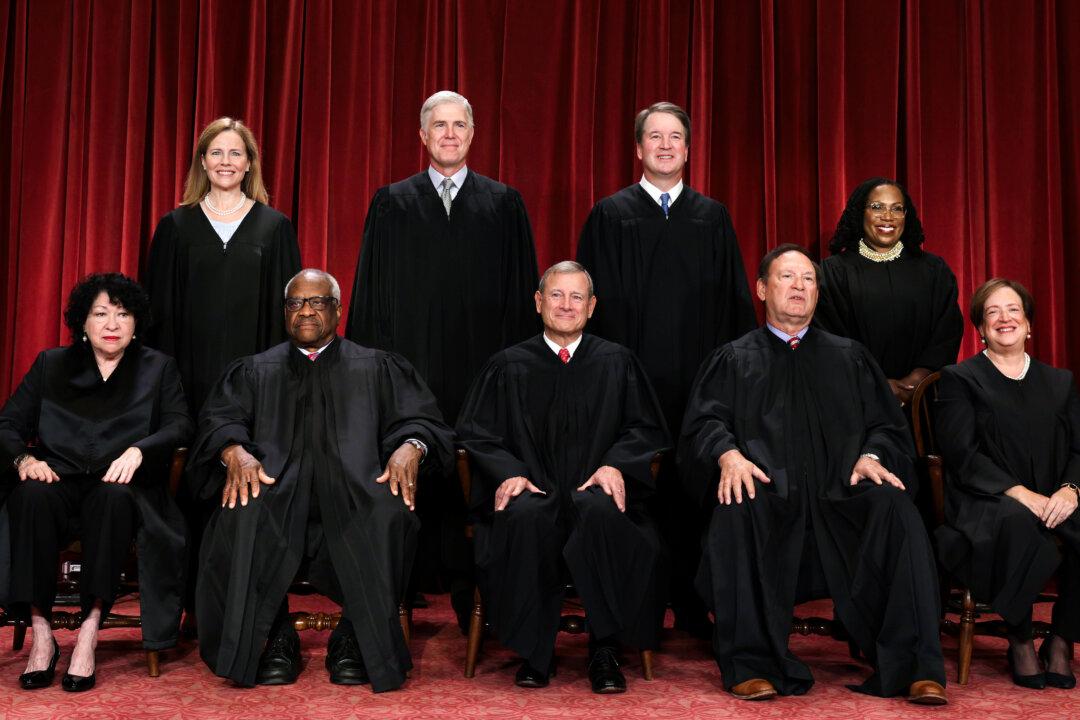The U.S. Supreme Court will take up a Jan. 6 defendant’s appeal of the Department of Justice’s novel use of evidence-tampering law to prosecute hundreds of defendants for obstruction of Congress.
A miscellaneous order released by the high court on Dec. 13 granted the petition of Joseph Wayne Fischer, challenging the most widely charged felony in Jan. 6 cases, which carries up to 20 years in prison.





